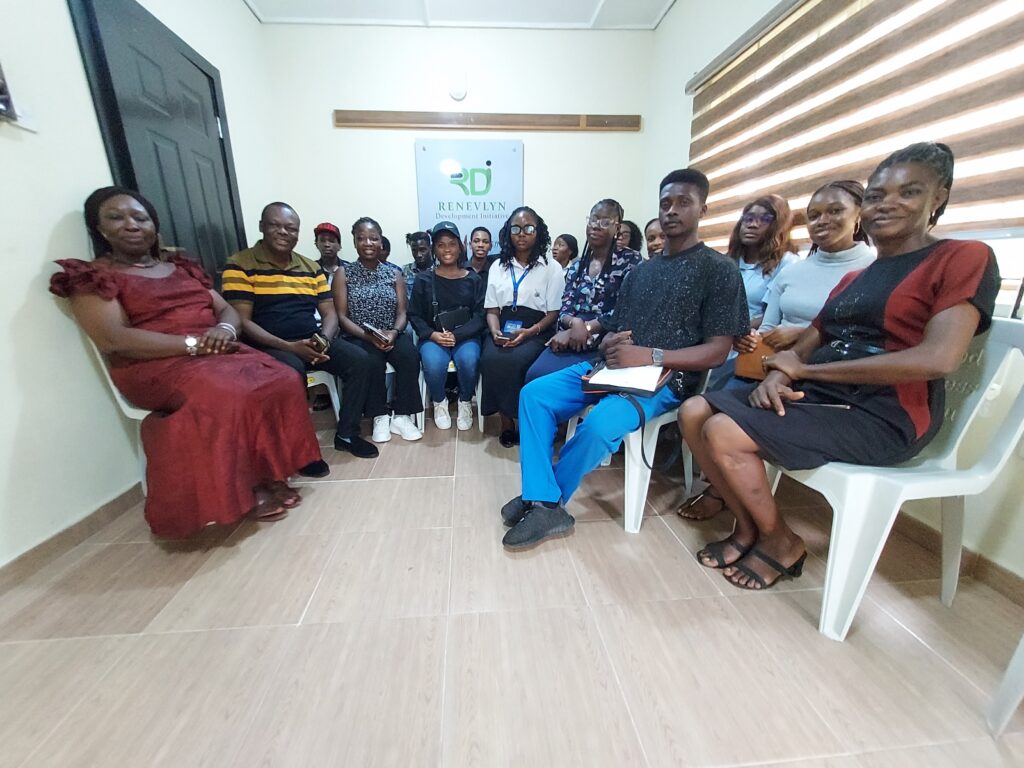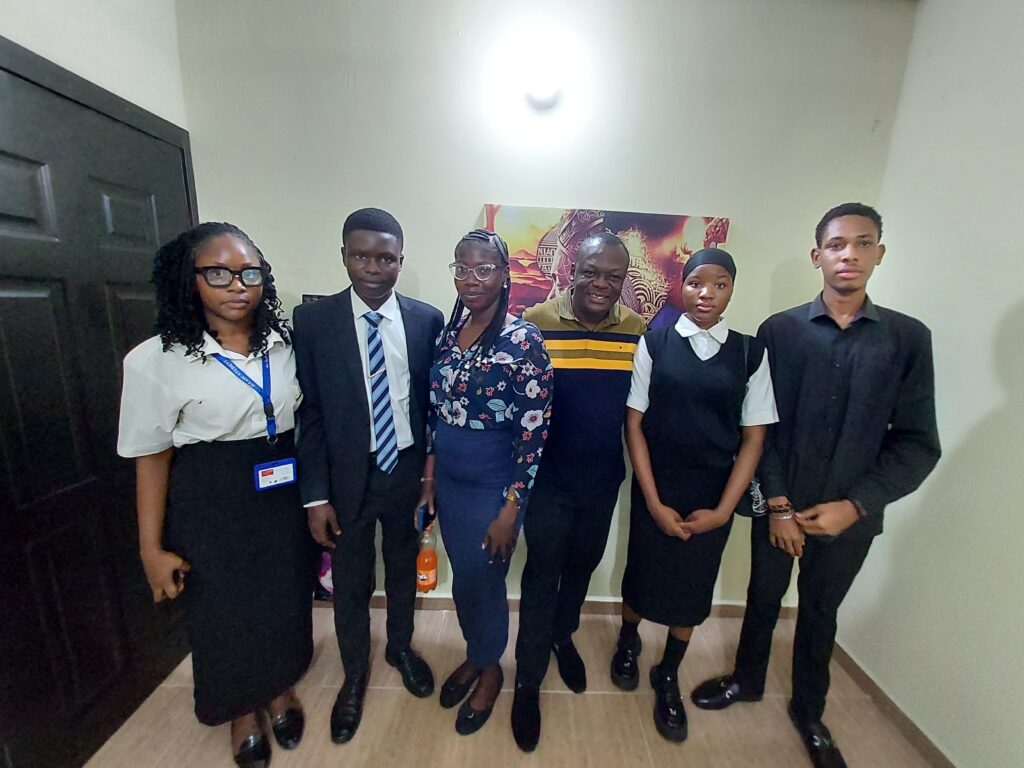..At a time when unemployment, poverty, and mental health crises grip Nigerian youths, a grassroots initiative is equipping young people with resilience tools to overcome, influence, and lead.
By Bunmi Yekini

In a country where being young often feels like walking a tightrope between survival and despair, Emmanuel Igbasanmi has a message for his peers: “Never give up.”
A video editor who has wrestled with life’s harsh turns, Emmanuel was among 20 other young Nigerians who were part of the training for a transformative session on Building Resilient Youth in a Hostile World. The gathering was more than a talk, it was a turning point.
“I learnt that no matter what life throws at you, you just have to keep pushing. Someday, you’ll reach the top,” he said, his voice steady, even hopeful.
Organized by the Renevlyn Development Initiative (RDI), the event was more than a workshop, it was a call to action. Against the backdrop of Nigeria’s youth unemployment crisis, where over 25 million young people are actively searching for jobs, and mental health concerns that rank the country’s suicide rate above global averages, the initiative aims to do what few programs attempt: build internal strength and leadership from the ground up.

“The journey from classroom to career is now filled with roadblocks,” said Dominion Amupitan, RDI Project Support Volunteer, in her welcome remarks. “But we’re not here to despair. We’re here to act.”
Amupitan, who helped plan the event after identifying unemployment, poverty, and social exclusion as root issues, said the goal is to start building resilience one community at a time. “We want to develop citizens that can become resourceful changemakers, whether in law, health, advocacy or tech,” she explained.
A Space for Building More Than Skills
The session wasn’t just about lectures, it was about sparking introspection and igniting vision.
Dr. Vicky Uremma, Executive Director of Child Health Organization, led a discussion on emotional intelligence. She underscored the importance of catching young people early with the right tools to navigate their emotional landscape.
“Most of us never had this opportunity growing up,” she said. “But these young people now understand how knowing themselves and building strong interpersonal skills can change their lives. It’s through communication and relationships that doors open.”
Participants like Praise Amupitan, a physiotherapist, echoed the same sentiments. “I learnt the importance of self-awareness and finding mentors in my field,” she said. “It’s something I’ll definitely pursue.”
For Elebimoyo Oluwaseun Blessing, a musician and producer juggling a fast-food job, the programme affirmed the mindset she’s long lived by. “The resilient part? That’s me. But now, I understand it even deeper. If I want to be in a big world, I have to do big things. And big things come with challenges.”
Rooted in Reality, Powered by Hope
The training also tackled real-life transitions—like leaving school, facing uncertain job markets, or coping with growing societal pressures. Emeka Odiaka facilitated sessions that helped participants reflect on these life stages with clarity.
Kuti Abdul’Batin Akorede, a law student from Lagos State University, left the event with more than just notes. “One speaker said your environment shapes how you see life,”* he recalled. “Now, I want to be one of those who change that environment for others.”
RDI’s Project Officer, Ifeoluwa Akomolafe, emphasized that the gathering wasn’t a one-off event. “We are building a movement, starting with youth from marginalized communities,” she said. “Not everyone has access to education or resources. But they can still lead. We’ll go one initiative at a time.”
Resilience as a National Imperative
As Nigeria continues to grapple with deepening youth unemployment, mental health challenges, and limited opportunities, programs like RDI’s youth resilience initiative offer a lifeline, one built not just on skills, but on the power of personal and collective transformation.
“Resilience transforms a struggling youth into a visionary leader,” Dominion Amupitan said. “This isn’t just an event, it’s a launching pad for growth, voice, and vision.”
And for youths like Emmanuel, Oluwaseun, and Kuti, that launch may just be the beginning of something much bigger, a generation that doesn’t just survive the storm but learns to command it.
